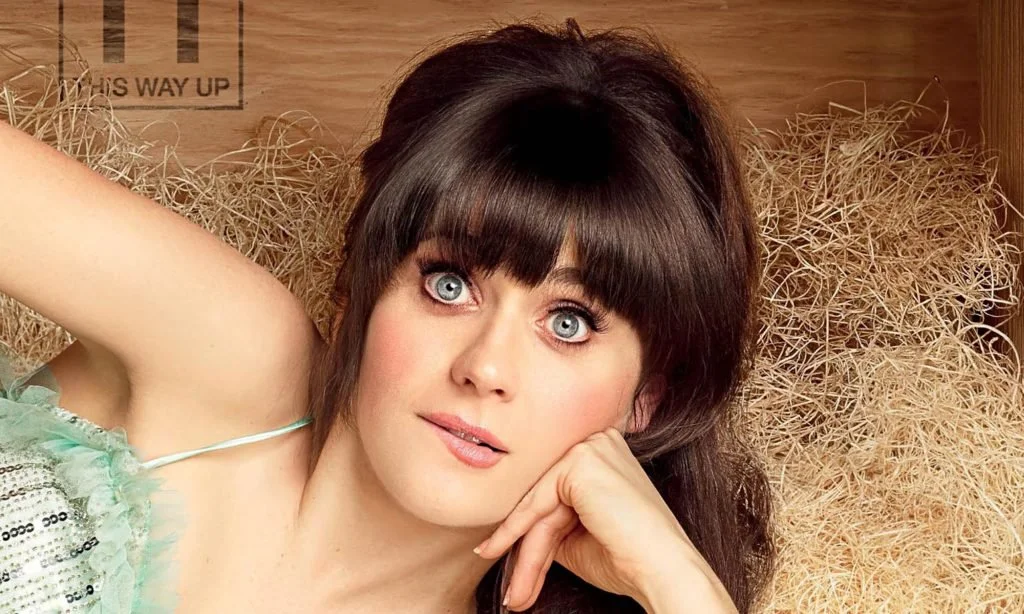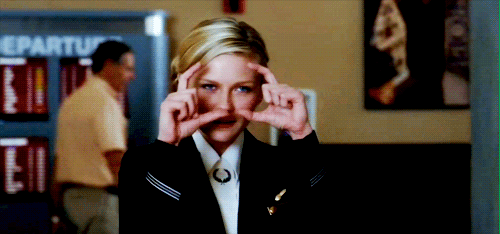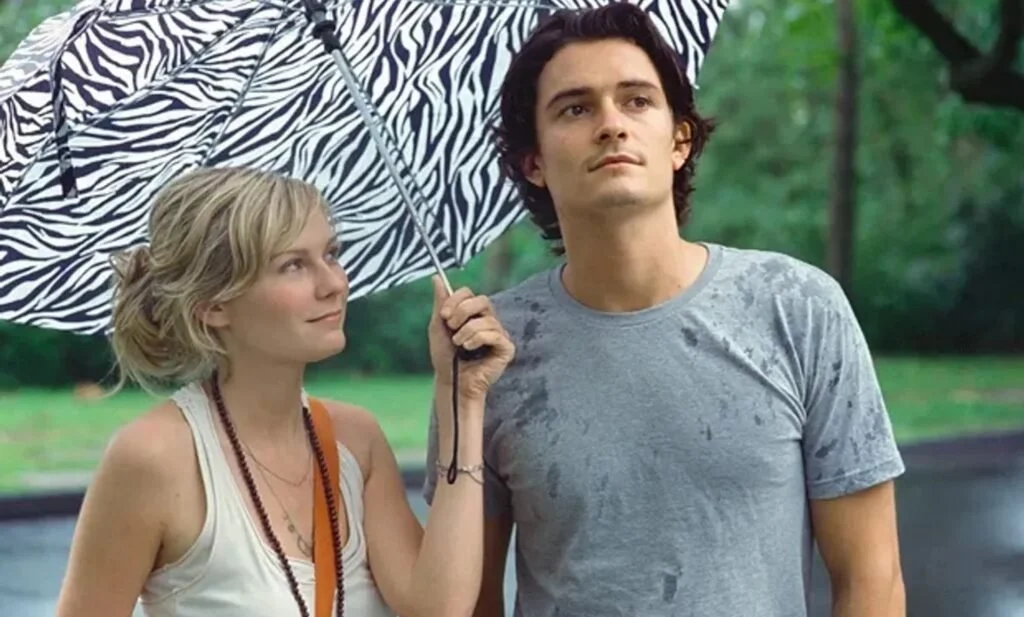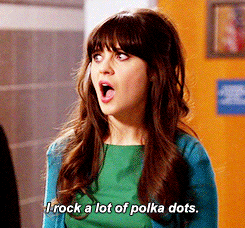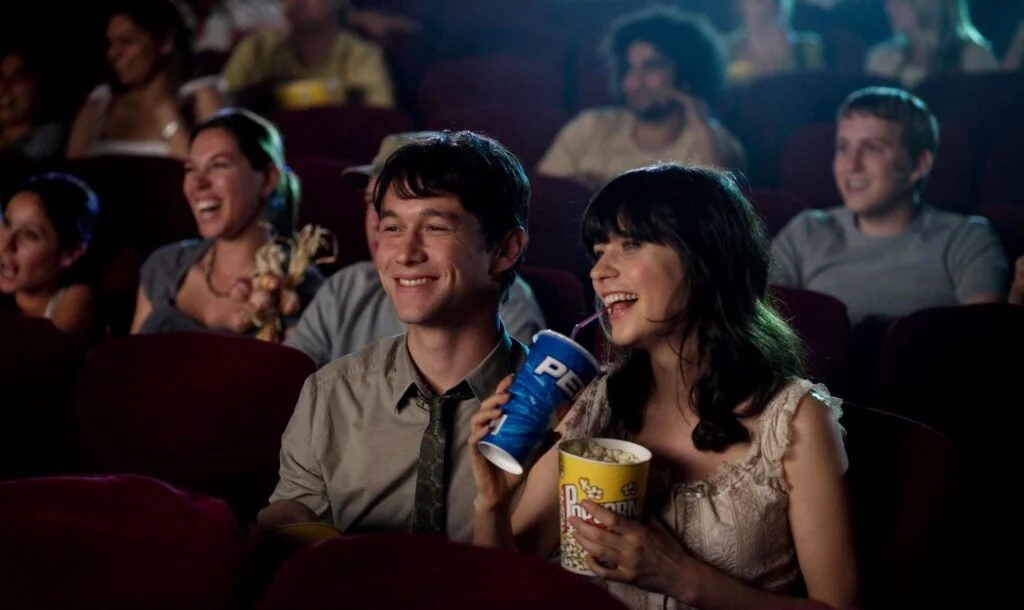Unpacking the Manic Pixie Dream Girl: Origins, Stereotypes, and the Neurodivergent Mirror
She’s impulsive, magnetic, deeply emotional, and always just a little bit lost.
You’ve seen her: the girl with the bangs and vintage dress, quoting The Smiths while dancing barefoot in a stranger’s living room. She leaves a trail of chaos and charm, wakes up at noon, and saves the sad boy’s soul—only to disappear when the credits roll.
She’s the Manic Pixie Dream Girl, a trope born in early-2000s indie films and later dissected to death by critics, meme-makers, and women who realized they weren’t watching a fantasy—they were watching a version of themselves.
This article unpacks where the MPDG came from, why she went viral, how she overlaps with neurodivergent identity (especially among late-diagnosed women), and whether there’s anything worth reclaiming beneath the bangs and mixtapes. Spoiler: there is. But only if we let her be real.
What Is the Manic Pixie Dream Girl?
It starts with a boy.
You know the type.
He's stuck in a quiet rut—maybe content, maybe not—but somewhere along the way, he’s lost the plot on his dreams. Enter her. Not a femme fatale, not a villain, not even a real person half the time—but a whirlwind of charm and chaos who exists solely to wake him up.
She’s the Manic Pixie Dream Girl—quirky, free-spirited, effortlessly beautiful, and often (let’s be honest) way too young for him. She doesn’t exist to build a life with him; she exists to make him feel alive again.
She’s not overtly seductive, but her intimacy is almost otherworldly. It’s less about romance and more about mystery. She might not wear a bikini to the beach, but she’ll definitely throw a spontaneous backyard luau and skinny dip in the neighbor’s pool just to feel the rush.
The term “Manic Pixie Dream Girl” (MPDG) was coined in 2007 by film critic Nathan Rabin after watching Elizabethtown (2005). He used it to describe Claire Colburn, played by Kirsten Dunst: a charmingly offbeat flight attendant who swoops into the life of a grieving man (Orlando Bloom) to help him “feel again,” all while having no goals, struggles, or inner world of her own.
She's adventurous without being threatening, nonconformist but never political, and eternally optimistic about the quiet “goodness” she believes is buried deep inside the brooding protagonist.
“She’s the quirky, effervescent female character who exists solely to teach brooding male protagonists how to embrace life and its infinite mysteries. Distinct from other characters, the Manic Pixie Dream Girl doesn’t pursue her own complex story arc but instead orbits around the development of her male counterpart, sparking transformation through her whimsical personality.” - Film Lifestyle
The problem? She’s not allowed to have dreams of her own.
Where the archetype really shines is by highlights issues in gender representation- often reducing women to catalysts within a man’s narrative, rarely an individual with her own story, goals and desires.
“She exists solely in the fevered imaginations of sensitive writer-directors to teach broodingly soulful young men to embrace life and its infinite mysteries.”
—Nathan Rabin, The A.V. Club
Though Rabin intended the term to critique lazy screenwriting, it quickly became cultural shorthand—flattening real women into quirky caricatures and spawning thousands of thinkpieces, Tumblr GIF sets, TikToks, and memes.
Claire in Elizabethtown: The Blueprint
Claire Colburn is the MPDG prototype. She leaves philosophical voicemails, plans an emotionally tailored road trip, and makes mix CDs with surgical precision. She is whimsical, effervescent, emotionally present—but oddly empty when you examine her motivations. Her entire existence in the film is to transform Bloom’s character. She has no personal arc, career development, or backstory.
The character was so transparently designed as a fantasy that it triggered an entire cultural backlash. And Rabin later apologized for how the term spiraled into a reductionist label applied to any woman with bangs and a personality.
Zooey Deschanel and the MPDG Label
Perhaps no actress is more closely associated with the MPDG than Zooey Deschanel. Her vintage-dress-wearing, ukulele-strumming, wide-eyed characters became pop culture shorthand for quirky femininity in the early 2000s.
In (500) Days of Summer, she plays Summer Finn, a woman who explicitly says she doesn’t want a relationship—only to be mythologized by Joseph Gordon-Levitt’s character as the one who “got away.” The film is a clever subversion of the trope, but many viewers missed the nuance and saw Summer as the villain for not living up to the dream.
In New Girl, Deschanel’s Jess Day is whimsical and emotionally expressive, but has goals, agency, and flaws. She is not a MPDG—though she was branded as one in the cultural zeitgeist.
Deschanel later reflected:
“I’m just being myself. I’m not a fantasy, I’m a person.”
Zooey Deschanel: More Than the TropeWhile Zooey Deschanel became the face of the MPDG archetype in the 2000s, her real life tells a very different story—one that defies the whimsical fantasy the media projected onto her.
Off-screen, Deschanel is a savvy businesswoman, producer, and advocate. She co-founded HelloGiggles, a media platform created to spotlight smart, funny women with real opinions—essentially the anti-MPDG. She’s spoken openly about how the MPDG label became a burden, flattening her identity and undermining her range as an actress and creative.
“I don’t feel it’s accurate,” Deschanel told The Guardian. “I’m not a manic person. I’m not a pixie… and I don’t know what it means to be a dream girl.”
She’s also made career choices that push back on the trope. In New Girl, her character Jess Day may have started out as quirky and upbeat, but over the show’s seven seasons, Jess was allowed to grow, struggle, fail, and take up space in ways the MPDG never could.
Deschanel has also challenged the infantilizing undertones that often come with being labeled “quirky.” She’s been vocal about embracing intelligence, agency, and ambition—qualities that often get scrubbed from the MPDG aesthetic when filtered through a male gaze.
In many ways, Deschanel didn’t just escape the trope—she dismantled it by existing outside of it, and by insisting that being feminine, emotional, or unconventional doesn’t make a woman less serious, capable, or complete.
The MPDG and Neurodivergent Women: A Telling Overlap
Many women with ADHD, autism, or both (sometimes referred to as AUDHD) find themselves unintentionally coded as MPDGs—especially when diagnosed late in life. There’s a reason this trope resonates so deeply in neurodivergent spaces: it mirrors lived traits, but through a male fantasy lens.
Shared characteristics often include:
High emotional expressiveness
Passionate, fast-talking energy
Disorganization masked as spontaneity
Deep empathy and enthusiasm
Difficulty with executive function
Rejection of social norms
To the outside world, she looks like a charming whirlwind of color and chaos. Internally, she’s often overwhelmed, masking, and exhausted.
Late-diagnosed women often describe performing a “quirky cool girl” version of themselves in order to be accepted. What’s been called "whimsy" was, in truth, a survival mechanism.
Why the Trope Can Be Harmful
The MPDG archetype tends to enforce reductive, gendered narratives. At its worst, it promotes:
Emotional labor as feminine purpose
Her sole role is to pull a man out of his emotional rut—she is rarely allowed one of her own.Romanticized instability
Mental illness, trauma, or neurodivergence is glossed over in favor of dreamy aesthetic.Loss of autonomy
She is never the protagonist of her own story—she’s someone else’s character development.
“Just to be clear, Nathan Rabin is not responsible for this remissive categorization. He simply gave the pre-existing sexism a name. In fact, “[he] coined the phrase to call out cultural sexism and to make it harder for male writers to posit reductive, condescending male fantasies of ideal women as realistic characters.” -StudioBinder
In a way, the term itself IS sexist. Even though that wasn’t the intent.
Reclaiming the Aesthetic: Can the MPDG Be Empowering?
Yes—when she’s written with depth, agency, and narrative ownership. Recent media has begun reclaiming this archetype:
Amélie Poulain (Amélie): whimsical, yes—but the entire film revolves around her quest for connection.
Mabel Mora (Only Murders in the Building): emotionally guarded, stylish, and layered with trauma and drive.
Nadia Vulvokov (Russian Doll): eccentric and unpredictable, but deeply human and messy.
These characters challenge the male-serving mythology of the MPDG by making the woman the center of the narrative—not just its muse.
Think about Amy from Gone Girl. She is an example of the ultimate death to the MPDG. She is angry, so pissed off, and so ready to move on and create her new narrative.
Not that this portrayal is the only, or recommended, way to say goodbye to MPDG. But I have to admit- it’s an intriguing turn from the tireless sexist views on screen.
Actresses like Zooey Deschanel have pushed back against the "Manic Pixie Dream Girl" label, arguing that it oversimplifies complex characters and flattens their story arcs. As audiences become more critical of how gender is portrayed in media, there's growing demand for fully developed female characters with their own agency and depth. The ongoing conversation around this trope highlights the need for more equitable and authentic representation onscreen.
“Women are just as complex as men. Women have goals, desires, vices, and virtues like men do. Ignoring that complexity dissatisfies their storylines.” -Shannon Corbeil
Rabin, who initially coined the term MPDG, later apologized for his role in popularizing the archetype. He acknowledged that it presented a one-dimensional view of women, existing solely for the desires and aspirations of men and boys:
“I’m sorry for creating this unstoppable monster…I feel deeply weird, if not downright ashamed, at having created a cliche that has been trotted out again and again in an infinite Internet feedback loop.” - Rabin
Let Her Be Real
The Manic Pixie Dream Girl isn’t inherently harmful. She can be delightful, magical, and beautifully expressive—when she exists as a full human being. The problem arises when she’s reduced to a plot device that romanticizes neurodivergent traits while erasing the people who actually live them.
It’s time to give these women—both onscreen and off—the depth, autonomy, and storytelling space they deserve. Let’s move beyond muses and start writing protagonists. Let’s honor the chaos and brilliance of the “dream girl”—but finally, make her the one who dreams for herself.

